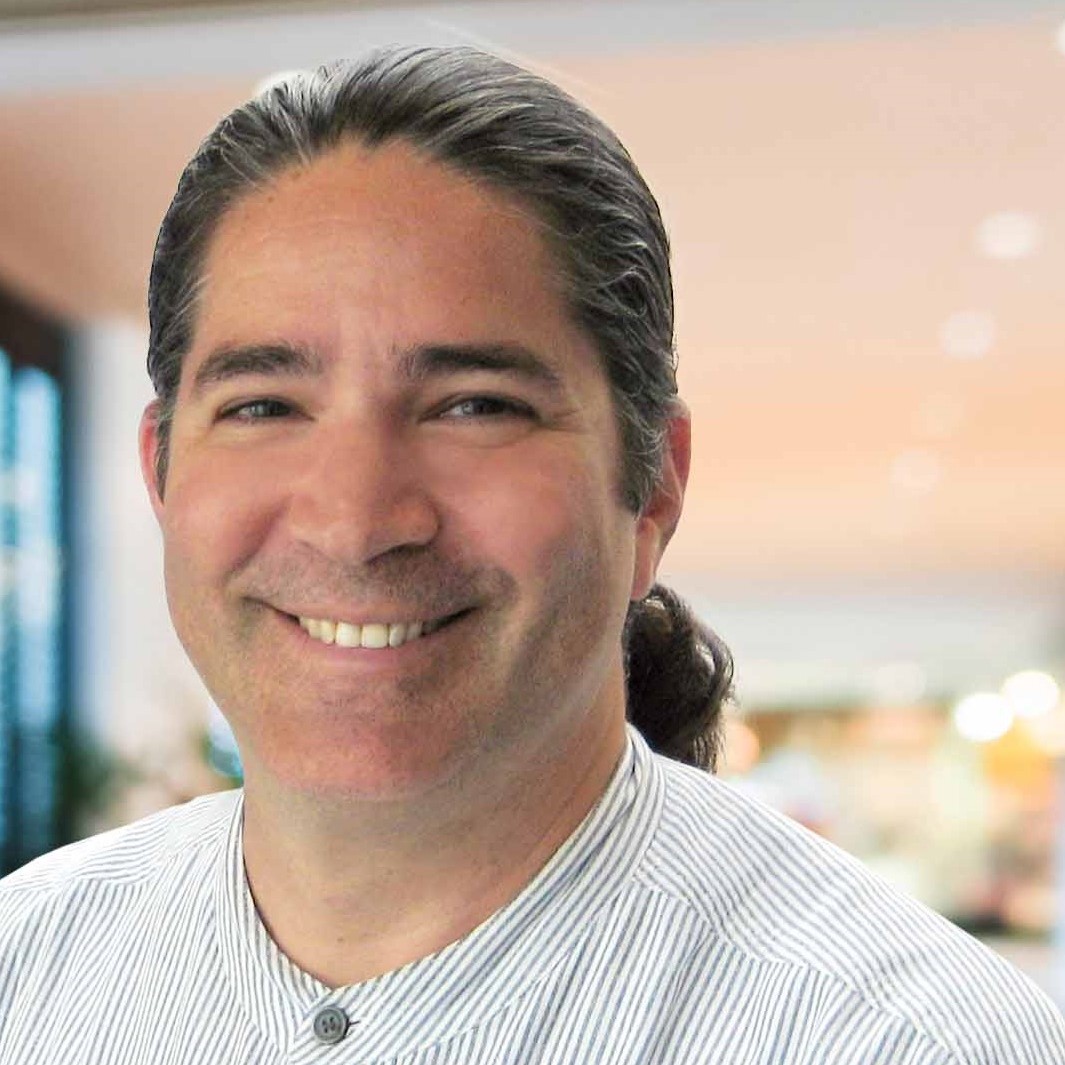|
Session C2
The Future of U.S. Passenger Rail
Michael Johnsen
11:15 AM – 12:45 PM ET
| About the Presentation |
|
NOTE: Given the timing of the signature of the Bipartisan Infrastructure Deal, which this presentation would highlight, some details may not be included in the abstract. In addition, specifics for speakers have yet to be determined though we do have commitments from FRA staff as well as tentative from Amtrak staff. ---The transportation sector is the largest single U.S. sector contributor of greenhouse gases (GHG) that cause climate change. Rail service is a key element to reducing transportation emissions (from modal shift away from roads). With the signing of the Bipartisan Infrastructure Deal, the U.S. sets out on an unprecedented investment in U.S. passenger rail service. Tens of billions of dollars over five years will go towards making Amtrak, the U.S. primary passenger rail service, expanded, faster, and better. The Federal Railroad Administration, which oversees the funding and safety of Amtrak (as well as the safety of freight rail networks), will be able to implement a new vision for rail in the U.S.
The new funding includes:
- Replacement of Amtrak railcars, including ones that are nearly a half-century-old, with state-of-the-art trains on routes that account for nearly half of Amtrak’s annual ridership
- Major bridge and tunnel replacement projects along the Northeast Corridor, which today is served by infrastructure, some of which dates back to the Civil War.
- Putting the Northeast Corridor states on track for their goal to save nearly 30 minutes in travel time each between New York City and D.C. and Boston and New York City.
This presentation will include staff from the FRA and Amtrak who will walk through what we can expect from these investments, how rail service benefits the effort to reduce transportation GHG and other environmental benefits, and what the vision is for passenger rail for the 21st Century. Perspectives from Amtrak staff will provide insight into what the funding means for future service. Staff from the FRA will provide insights into the future vision of passenger rail and how the FRA seeks to make our rail infrastructure resilient to climate impacts and meet the Presidential goal of net-zero GHG emissions by 2050.
|
| About the Speaker(s) |
|
 Michael Johnsen Michael Johnsen
Supervisory Environmental Protection Specialist
United States Federal Railroad Administration
Michael M. Johnsen, Supervisory Environmental Protection Specialist. For the past nine of the 23 years of Mike's Federal Service, he has worked with the FRA managing the NEPA process for FRA grants to improve our nation's rail network. Mr. Johnsen has also worked with other DOT modal administrations and is currently on detail to the Secretary's office with the Climate Change Center. Mike has spent his entire career working on environmental issues in the non-profit, private, and public sectors. Other FRA: Amtrak specialist (Beth Nachreiner) Amtrak: Placeholder for staff (Invited: Beth Termini).
 Kara Oldhouser Kara Oldhouser
Director, Sustainability
Amtrak
Kara is the Director of Sustainability at Amtrak. With a start in interior design, her decade-plus of professional experience in sustainability - in public, private, and social sector roles - positioned Kara well to tackle Amtrak's diverse sustainability and climate adaptation opportunities. At Amtrak, Kara creates an environment in which sustainability and climate resilience strategies are defined. She leads cross-departmental teams to achieve the company's GHG reduction goals, explore rail resilient solutions and integrate different considerations into design standards, policies, strategic planning, and project prioritization.
|
Back to Schedule
|